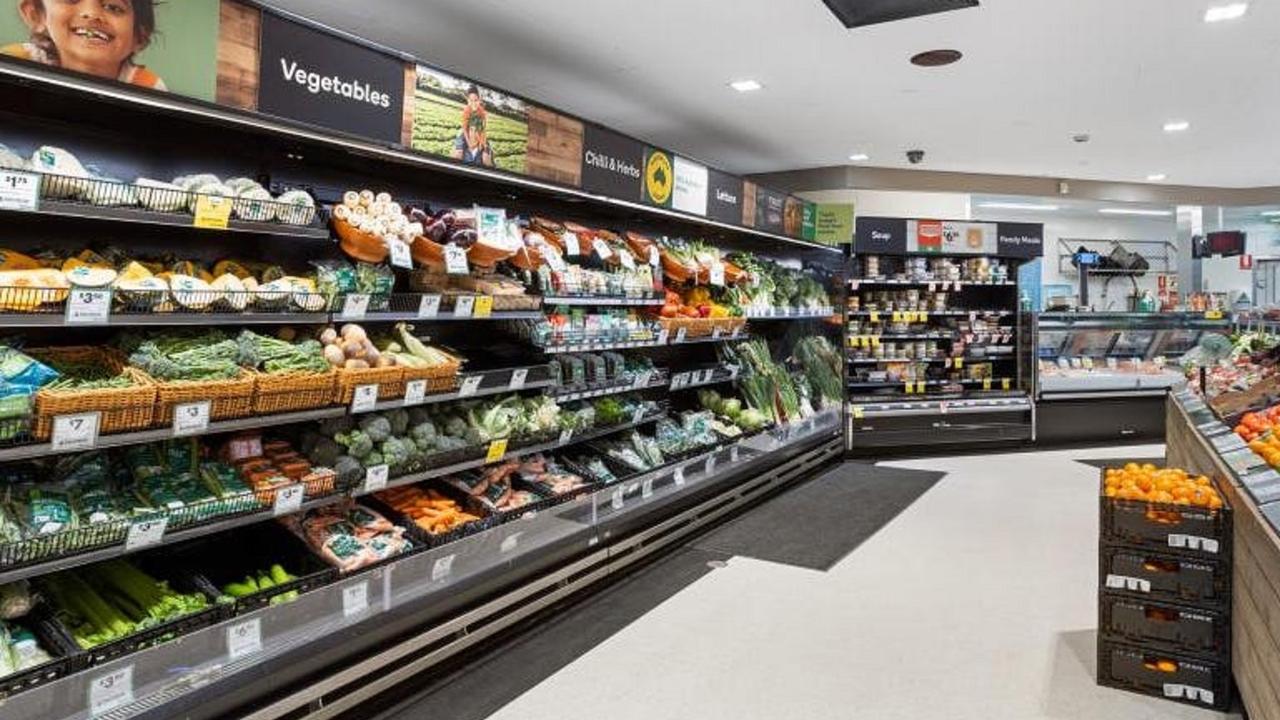‘The new gig economy’: Grocery start-ups Milkrun, Send and Voly aiming to strike feel-good point of difference
Grocery delivery start-ups Milkrun, Send and Voly are aiming to strike a feel-good point of difference in order to compete with juggernauts Coles and Woolworths.
It’s a routine that, by now, is second nature to most Australians.
Open the app, make the request, pay the fee, wait a few minutes.
From Uber to Airtasker, Deliveroo to Doordash, the concept of instant commerce – and the precarious labour force required to power it – has become a key piston of the economy, and the bedrock for new expectations of consumer convenience.
Quick, low-cost deliveries to your door, where once a novelty, are now the minimum requirements for any firm hoping to compete in the gig economy.
That’s particularly true when it comes to fast food and groceries – especially when the pandemic keeps people from adventuring down to the shops.
But a new wave of start-ups is betting on customers buying in to a more heartfelt concept.

App-based grocery delivery firms such as Milkrun, Send, and Voly are fast winning over customers across Sydney and Melbourne with a familiar low-cost, faced-paced service and crisp branding that has become the hallmark of instant commerce.
This time, there’s a couple of differences.
Vertical velocity
Where established rivals might rely on a network of other companies for supplies, storage, shipping, and delivery personnel, firms like Milkrun are vertically integrated – meaning they source their own food, store it in their own warehouses, and rely on their own network of cyclists to get it quickly to your door.
The key fact that these delivery personnel are contracted employees – and not subcontractors – means they are eligible for superannuation and paid leave where applicable, a move that Milkrun founder Dany Milham has described as a “moral choice”.
“This ain’t your grandfather’s milk run,” Milkrun says on its website.
“Our fresh produce is sourced directly from Australian farmers so you can buy from MILKRUN knowing your hard-earned cashola is staying local.
“We’re not part of the ‘gig economy.’ we offer MILKRUN riders full-time employment with all the benefits, like holiday pay and super.”

Voly, meanwhile, proclaims on its rider application form “this is not the gig economy”, while Send says “our riders are our business”.
Voly founder Mark Heath told SmartCompany last year that there were “amazing outcomes” that come with “having a fully employed and fully engaged team of people”.
“That could be as simple as the customer getting the same rider every time, or riders getting to know the layout of apartment complexes — not getting lost every time,” Heath said.
“That brings with it a lot of trust.”
Capital intensive – yes – and for each of these new players, a practice that is certainly not profitable just yet.
But the hope is that by becoming a feel-good point of difference to traditional gig economy powerhouses, they will be able grab – and hold onto – a big enough slice of the $100 billion grocery market to compete with juggernauts Coles and Woolworths.
Moral imperative
University of Technology Sydney law professor Joellen Riley said the so-called ‘moral’ factor was a significant marketing weapon for companies in the modern retail landscape and not to be underestimated.
“The consumer is very important here – if you can brand yourself an ethical business, that people are happy to deal with, rather than an unethical business that they feel a little guilty taking advantage of… that’s another way of supporting your way of practising,” Professor Riley said.

“It may not be as cheap for you as some of the less ethical operations, but did read somewhere that it would only be something like an extra 50 cents on every food delivery to actually get to the point that some of the food delivery drivers could have insurance policy covering health and safety, road accidents and things.
“In this day and age, the cost of the consumer may be so very marginal, that the consumer would be more than happy to cover that.”
“Would you rather work for one of the food organisations that treats you properly? Or will you will you work for one of the others?
“So there’s competition in the product market, but also in the labour market.”
For all their groundbreaking innovation, traditional gig economy services have often courted controversy due to the conditions they expect their riders and drivers to abide by in order to make money.

According to a recent summary by Apex Insight, in Australia gig workers still have no minimum wage, sick leave or holiday pay, meaning an often precarious situation where they are on-call at all times, lest they miss out on their paycheck.
Change, however, could be afoot.
Following on parts of Europe and the US, Victoria last week published draft regulations for gig economy workers who work for firms like Uber and Deliveroo, and come after a 2020 report on the gig economy for the Victorian government that showed many of the workers to be migrants, and who lacked bargaining power with the companies.
The 28 minimum standards including giving employees their pay rates in writing and offering an appeals process should they be removed from the platform.
The proposed laws also call on companies to offer ‘fair and decent’ pay and conditions that the government says would be a minimum income of around $20.33 an hour. These draft standards are open for responses until the end of February.
“In a market economy, workers have little voice”
Meanwhile, University of Queensland law school professor Graeme Orr says the approach taken by Milkrun, Voly, and Send can reasonably be likened to the fair trade movements in imported coffee and clothing, though he said it would be interesting to see whether this remains to case in the long run.
“Companies can say ‘we’re different, we’re better’ as a social marketing thing. A way of competing on brand: ‘we’re not heartless capitalists, we have a triple bottom line’, “ professor Orr says.
“A sceptical economist would say this only goes so far socially. It may work in niche markets, but the ‘better’ businesses may end up squashed by the major players, like Coles and Woolies who have the power to shape working conditions in the growing online grocery sector.
“In a market economy, workers have little voice. Just the option to exit and look for other work.
“In a just society, political voice and laws are needed to ensure fair conditions to gig workers.”



